EDITORIAL
Published on 19 Nov 2021
Editorial: Looking Through the Mesh of a Net: The Challenge of Socio-Ecological Systems
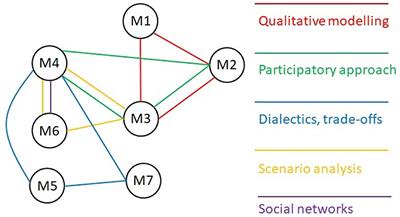
doi 10.3389/fevo.2021.785895
- 1,769 views
5,741
Total downloads
27k
Total views and downloads
You will be redirected to our submission process.
EDITORIAL
Published on 19 Nov 2021

ORIGINAL RESEARCH
Published on 20 Aug 2021
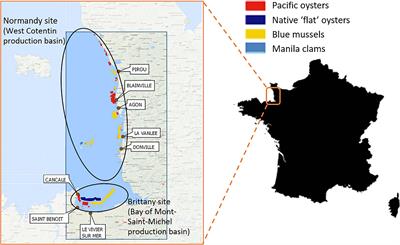
ORIGINAL RESEARCH
Published on 09 Jun 2021
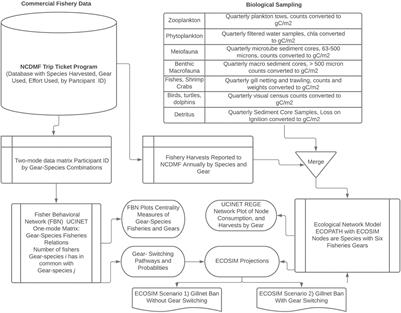
ORIGINAL RESEARCH
Published on 29 Apr 2021
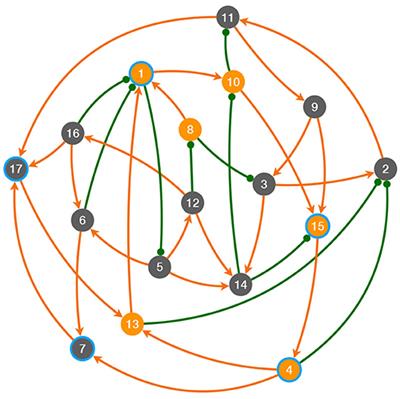
MINI REVIEW
Published on 12 Apr 2021
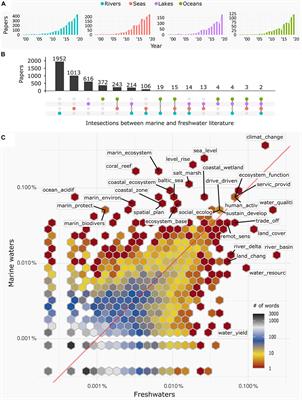
ORIGINAL RESEARCH
Published on 05 Mar 2021
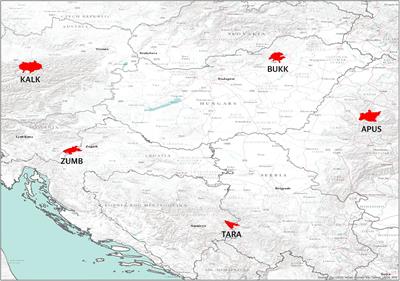
ORIGINAL RESEARCH
Published on 26 Feb 2021
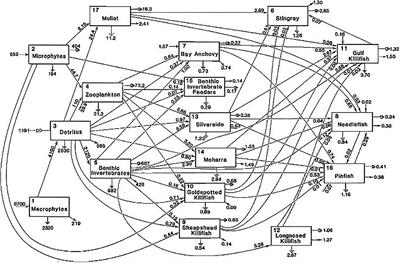
OPINION
Published on 17 Feb 2021

